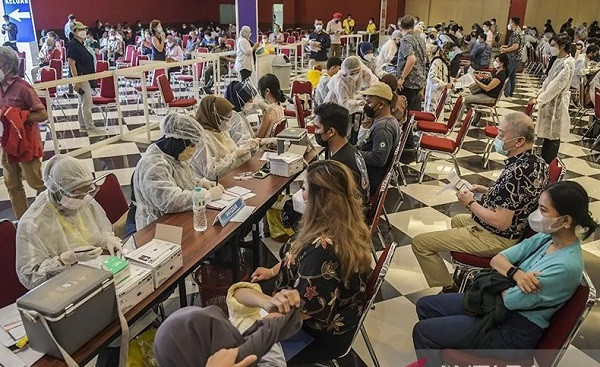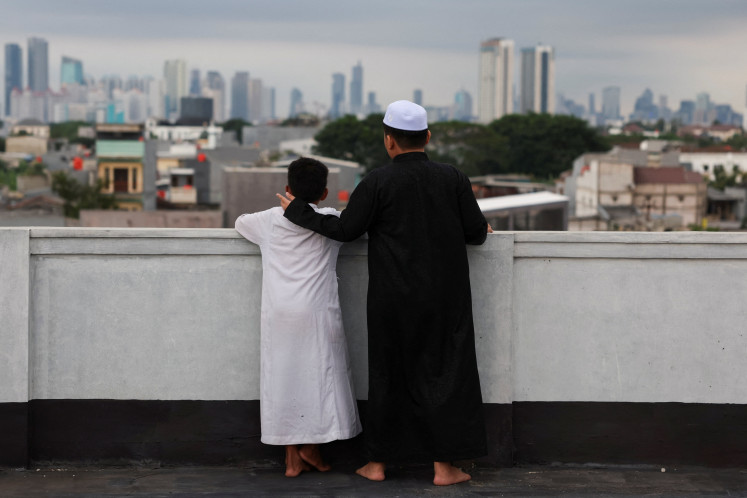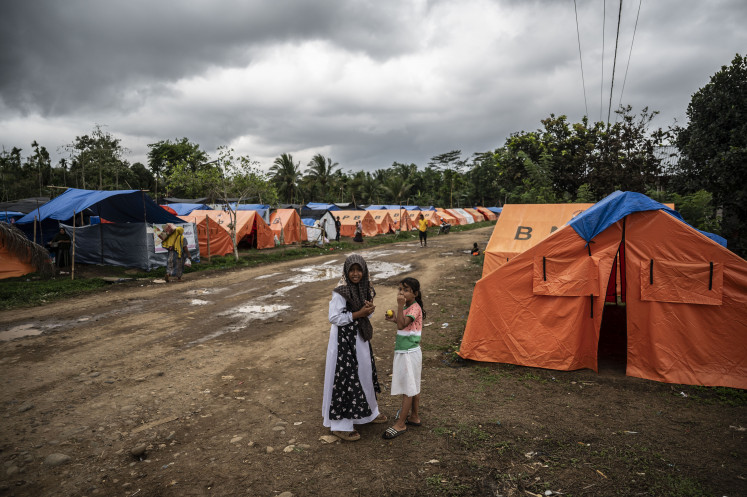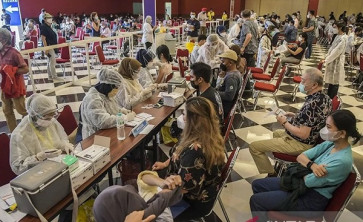Popular Reads
Top Results
Can't find what you're looking for?
View all search resultsPopular Reads
Top Results
Can't find what you're looking for?
View all search resultsAs COVID-19 wanes, govt seeks to transform healthcare system
Change text size
Gift Premium Articles
to Anyone
A
fter lifting all remaining pandemic health restrictions at the end of last year, the government now plans to focus its attention and resources on transforming the country’s healthcare system.
Speaking at a press briefing on Thursday, Health Minister Budi Gunadi Sadikin said the country’s daily caseload over the past year had shown that foreign variants, which used to create significant problems for Indonesia’s pandemic handling, no longer posed a significant threat.
“While there have been new variants, such as the Omicron subvariants BA.4, BA.5, as well as BQ.1 and XBB, they did not create new case spikes. Other countries had spikes, but we did not see a significant ones, be it in terms of cases or deaths,” Budi said.
This, he claimed, was thanks to Indonesia's inoculation drive. As of Thursday, Health Ministry records show, some 174 million people, or around 74 percent of the target population, were fully vaccinated, with 29 percent having received a booster shot and 5 percent having received a second.
Budi said the government was going to use the lessons learned from the COVID-19 crisis to transform the country’s health system.
The World Health Organization said in mid-December 2022 that it hoped COVID-19 would no longer be a public health emergency in 2023. It noted that the virus was here to stay but would need to be managed more routinely alongside other respiratory illnesses.
“We have come a long way,” WHO chief Tedros Adhanom Ghebreyesus said at the time.



















